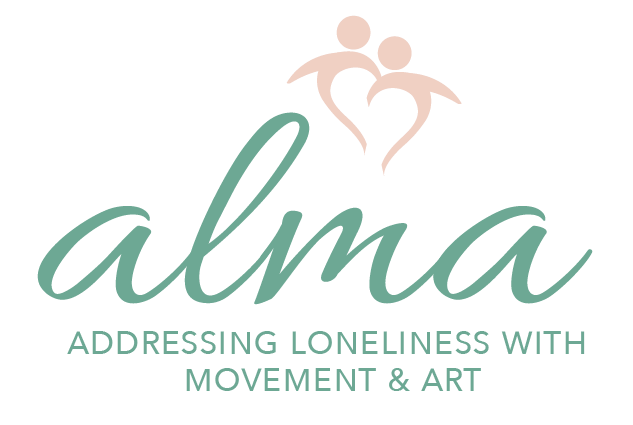Research
ALMA is committed to improving the quality of life in nursing homes, to bring dignity to our elders latest years.
The creative arts are not only fun & engaging,
they also have a significant health benefits.
Participation in arts interventions has been linked with improving cognitive function and memory, general self-esteem and well-being, as well as reducing stress and other common symptoms of dementia, such as aggression, agitation, and apathy. Some interventions promote social interaction, which has multiple psychosocial benefits.
WE ARE DEDICATED TO RESEARCH
1 in 5 people are expected to be 65 or older by 2035. The population of those 80+ is the fastest-growing segment of the total population than any other population and will more than triple from 5.7 million in 2010 to over 19 million by 2050.
The number of Americans with Alzheimer’s disease (AD) will more than double between 2010 and 2050, from 5.1 million to 13.2 million. The direct cost of their care will soar from $172 billion to $1.1 trillion over that period.
There are no pharmaceuticals currently available that halt the disease, just five FDA-approved drugs that temporarily improve symptoms. But finding ways to delay the debilitating effects of AD would significantly reduce the costs of care.
This makes the therapeutic use of arts for older dementia patients an important issue for research from a public health perspective. Arts interventions are cost-effective, impose minimal risk, and are easily accessible, including for culturally diverse older adults and those with dementia.
Seeking grants/donation to conduct proper research, for any leads please email Julia@plantpals.org
Alzheimer’s Association, 2012 Alzheimer’s Disease Facts and Figures. Alzheimer’s and Dementia: The Journal of the Alzheimer’s Association. March 2012; 8:131-168 and Alzheimer’s Association, 2010 Alzheimer’s Disease Facts and Figures, both available atwww.alz.org.


